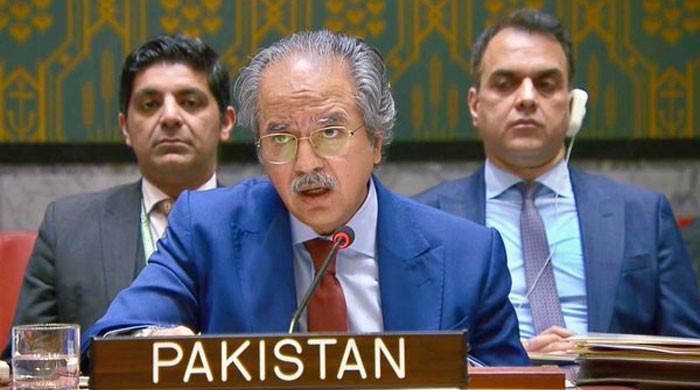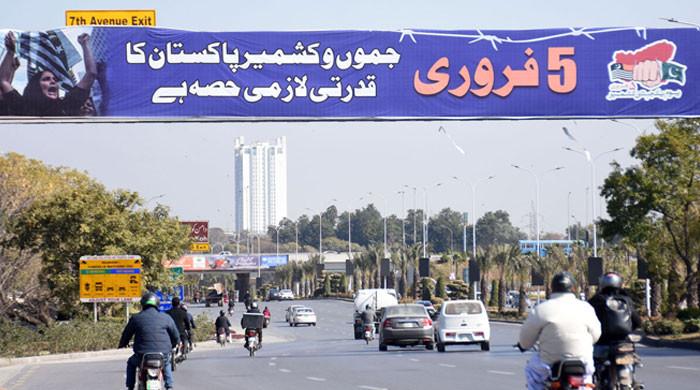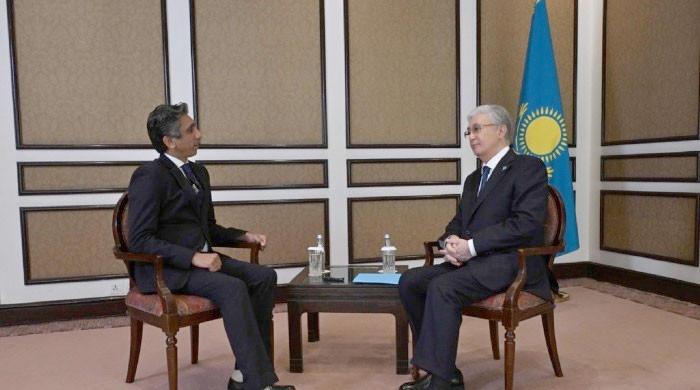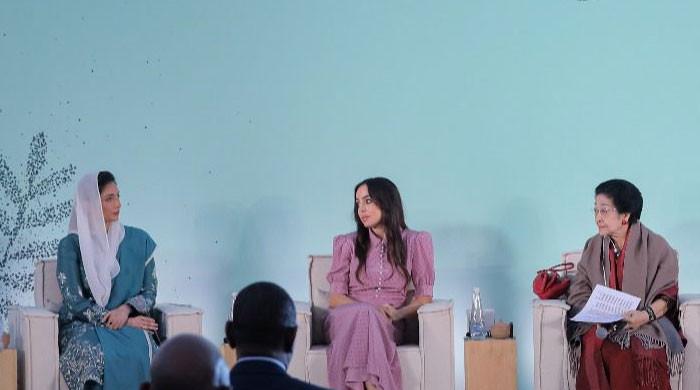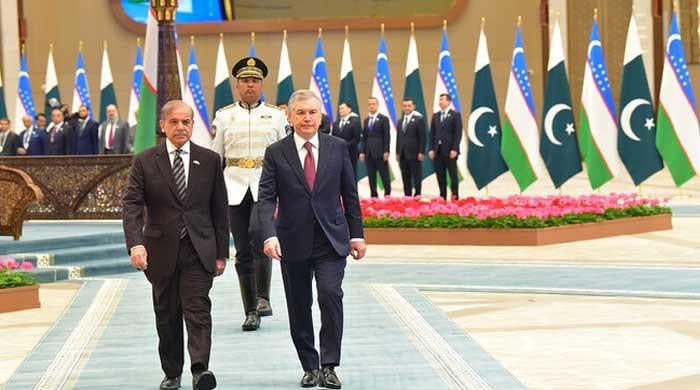'Escalatory statements, belligerent posturing exacerbate tensions', Pakistan warns India
Modi govt warned against resorting to dangerous approach of threats and boasting about military action
May 23, 2025
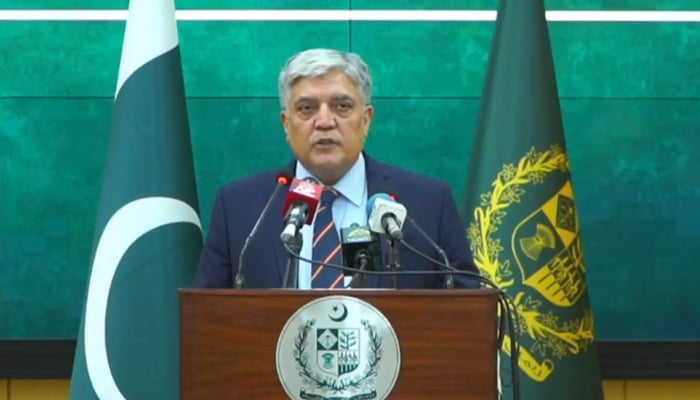
- India's inflammatory remarks aimed at stoking regional tensions.
- "Pakistan urges the Indian leadership to exercise responsibility."
- Global community must take note of India's aggressive posture.
Pakistan has stressed that escalatory statements and belligerent posturing serve no purpose other than exacerbating tensions after India's top leadership made baseless allegations.
Indian Prime Minister Narendra Modi had said a day earlier that Pakistan would not get water from rivers over which India has rights, a month after a deadly attack in Indian Illegally Occupied Jammu and Kashmir (IIOJK) led New Delhi to suspend a key river water-sharing treaty between the neighbours.
"Pakistan will have to pay a heavy price for every terrorist attack ... Pakistan's army will pay it, Pakistan's economy will pay it," Modi said at a public event in the northwestern state of Rajasthan, which borders Pakistan.
In a statement on Friday, the Foreign Office said that Pakistan categorically rejects the baseless, provocative, and irresponsible allegations made by the Indian prime minister during the public address in Rajasthan.
"The remarks, replete with distortions, misrepresentations, and inflammatory rhetoric, are clearly aimed at stoking regional tensions for narrow political gains," the Foreign Office said.
Modi was referring to the suspension of the Indus Waters Treaty (IWT), negotiated by the World Bank in 1960, which was among a slew of measures announced by India against Pakistan last month after the April 22 attack that killed 26 men, mostly Hindu tourists.
New Delhi accused Islamabad of the attack without presenting evidence and launched missile strikes on Pakistani cities, triggering the worst military clashes in nearly 30 years before both sides agreed to a ceasefire on May 10.
The Indus treaty provides water for 80% of Pakistan's farms from three rivers that flow from India, but Pakistan's finance minister said this month that its suspension was not going to have "any immediate impact".
The Foreign Office added that statements, such as those of Modi, not only reflect a deliberate attempt to mislead the public but also violate the norms of responsible statecraft.
"Resorting to threats and boasting about military action against a sovereign nation is a grave breach of the United Nations Charter and established principles of international law. This dangerous approach undermines regional peace and stability."
'Hate-driven narratives'
Pakistan, the Foreign Office said, remains a consistent and proactive partner in the global fight against terrorism. Any insinuation seeking to associate Pakistan with acts of terrorism is factually incorrect and patently misleading, the statement mentioned.
"It is a tactic often employed to divert attention from India's own internal challenges, particularly its repressive policies in Indian Illegally Occupied Jammu and Kashmir."
The Foreign Office said India's attempts to mask its serious human rights violations in IIOJK by scapegoating Pakistan are well-documented and increasingly recognised by the international community.
The plight of the Kashmiri people and their just struggle for self-determination cannot be obscured by aggressive rhetoric and political deflection, the statement added.
"Pakistan urges the Indian leadership to exercise responsibility and restraint. Escalatory statements and belligerent posturing serve no purpose other than exacerbating tensions."
"Rather than resorting to fictitious narratives and warmongering for electoral mileage, India should demonstrate maturity by resolving outstanding disputes through peaceful dialogue and diplomacy."
Pakistan, the Foreign Office said, remains firmly committed to peaceful coexistence, regional stability, and constructive engagement. However, our desire for peace should not be misconstrued as weakness.
"The people of Pakistan and its armed forces are fully prepared and capable of defending the country's sovereignty and territorial integrity.
Any misadventure or aggression will be met with a resolute and proportionate response. Pakistan has demonstrated its resolve in the past and will do so again, if required."
"The international community must take serious note of India's aggressive posture and hate-driven narratives that threaten regional peace. It is imperative to discourage such rhetoric and actions to preserve stability in South Asia."
Glorification of conflict benefits no one, and the path to lasting peace lies in dialogue, mutual respect, and adherence to international law, the statement concluded.




